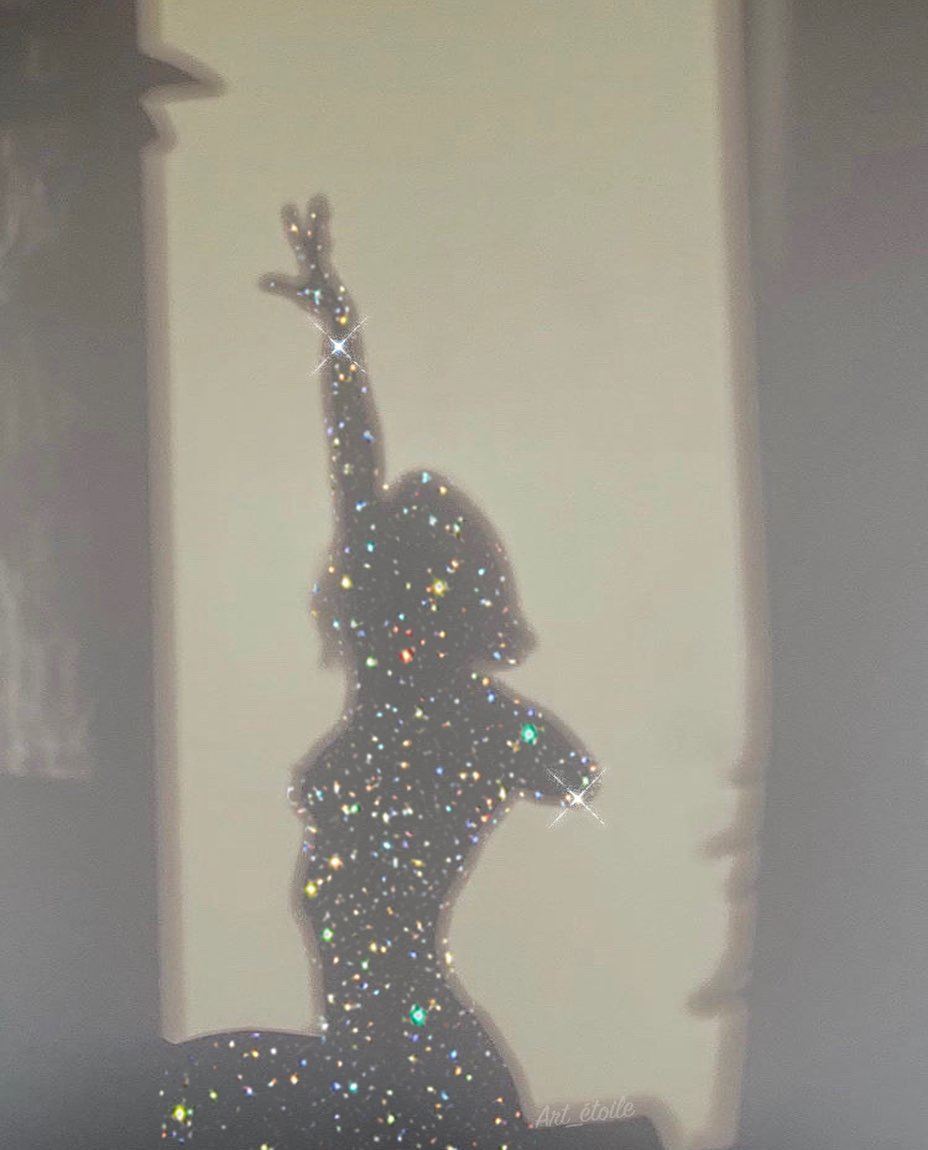



It’s not what you think.
Gone should be the days of the word “witch” making us conjure images of hunched over, decrepit looking women with green skin and hooked noses covered in warts… Black, tattered clothing, a pointy hat, a broomstick ride and a shrill cackle. Free yourself of this embarrassingly outdated paradigm and hop on the knowledge train.
This cartoonish depiction of an unsightly old crone hovering over a smoking cauldron and laughing menacingly is pure propaganda, likely created in fear by patriarchal figures. Painting a woman deemed a witch as a very aged monster casts all women of experienced age in a negative light.
When you read the word “crone” above, does it incite anything positive, at all? Sadly, the chances are slim. Gloria Feman Orenstein said it best in her time-tested book, The Reflowering of The Goddess, when she states, “in a culture that mocks and rejects aging women, that rapes the Earth, and has arrogantly posited the locus of wisdom in young, middle-class white males, the most threatening site of a woman’s power is that which is located in the Crone, the Elder.”
Orenstein strategically capitalizes words she feels hold power and deserves reverence. She recognizes seasoned, knowledgeable women not as irrelevant, but as Goddesses. This defamation of the word crone in modern language essentially shapes the image that now comes to mind when we hear the word “witch,” or “witchcraft,” when in reality, nothing in the origin story of the witch has anything to do with this negative modern worldview.
And just what is the witch’s origin story? We’d need an encyclopedic amount of space to embark on that journey, but what we can say is that it starts with nature. Early (think very early, pre-patriarchy of any kind) witches were healers and herbalists, their cauldrons used only to brew up teas and remedies, therapeutic salves and tinctures, worshiping the Goddess known as Earth and all her sacred gifts.
The term witchcraft has since been demonized, literally. The Encyclopedia Britannica, while not a feminist work of literature, recognizes this purposeful act, defining it as “the exercise or invocation of alleged supernatural powers to control people or events, practices typically involving sorcery or magic.” Alleged.
“the recognition of the divine in nature”
And yet, it goes on to admit, “witchcraft has often been seen, especially in the West, as the work of crones who meet secretly at night, indulge in cannibalism and orgiastic rites with the Devil, and perform black magic. Witchcraft thus defined exists more in the imagination of contemporaries than in any objective reality.” Thank you very much.
This is also where the lines of paganism are blurred. While many misunderstand paganism— which BBC has defined as “the recognition of the divine in nature”— to be aligned with “black magic,” it’s really more of a reverence for the offerings of the earth, and a lifelong commitment to reconnecting with the magic that lies within us and the natural world. “Pagans are deeply aware of the natural world and see the power of the divine in the ongoing cycle of life and death. Most Pagans are eco-friendly, seeking to live in a way that minimizes harm to the natural environment.”
We want to take back the term, and lift the parodic veil of mocking imagery to embrace this way of life. If you’ve felt connected to nature, vibrated higher with your bare feet on the ground, or a crystal clutched in your palm, felt the energy shift with a cleansing breath tinged with sage or an herbal smudge, celebrated in a salty bath, felt ceremonious with a seasonal altar, or exalted yourself with any sort of personal ritual that you feel grounds you, you’re in. Let’s be witches together.